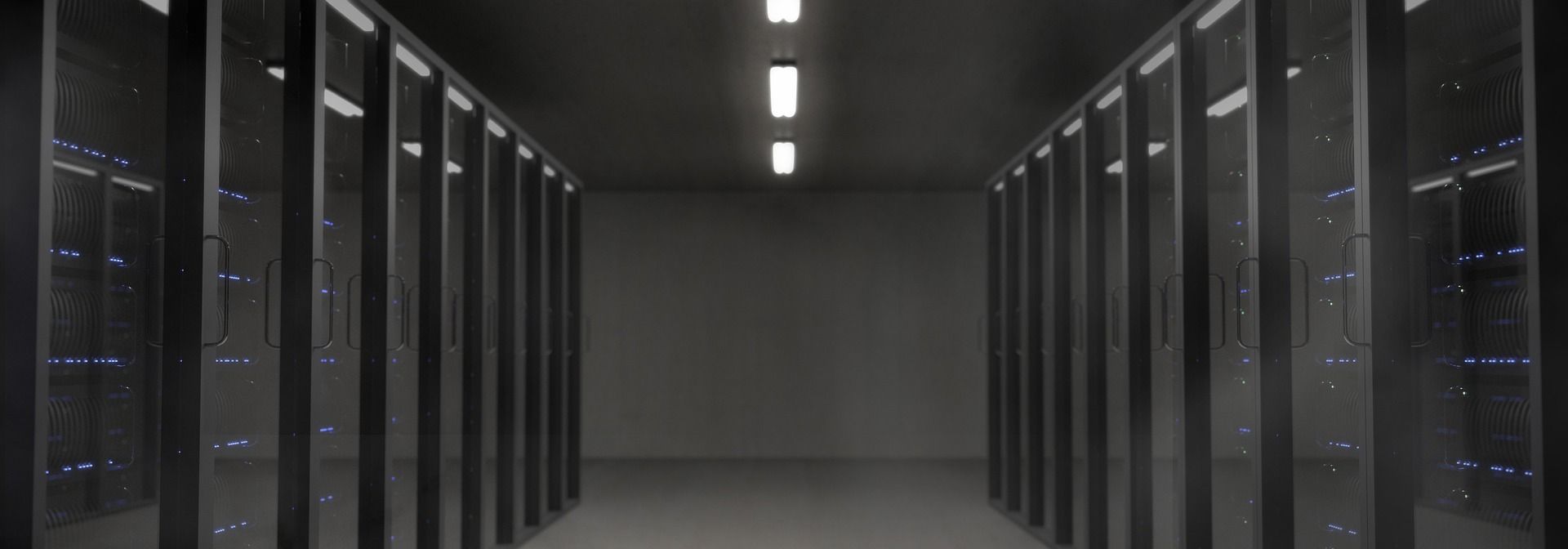Proxy Server

"A proxy server is a server that retrieves data out on the internet on behalf of the user"
This is the general definition you get, once you look up the term proxy server. I have to admit, this is not telling me much. You can find the term "proxy" when you look up websites online and you certainly have heard about it as well. Proxy Servers were one of those terms you see and hear very often, yet you don't fully know how they work or what their exact purpose is. Therefore, I will explain it to you now.
To start off, here are multiple benefits of a proxy server... don't worry, I'll explain every single benefit below:
- Anonymity
- Increased speed
- Reduced bandwidth
- Logging activity
- Block websites
We know that when you want to connect one of your devices to the internet, personal information such as your IP address, which contains information about you and your location, is exposed. Not only is there no sense of privacy, but you're also exposed to hackers that can interfere with the connection and get ahold of your data more easily. If you want to view a webpage, you simply type in the domain name of the website you want to access and exchange information.

This is where the proxy server comes into play. By using a proxy server, your device sends a request to the proxy, the proxy will then retrieve the data you want from the internet and send it to your computer. It acts as a man in the middle. But, why is there even a need for that?

A huge benefit of a proxy server is anonymity. Your computer has an IP address and when you access another web server, it will see your IP address and keep it. Therefore, it knows your device and even worse, where you are located. A proxy server has an IP address itself. Therefore, when you want to visit a website online, you send the request, with your IP address to the proxy server, and the proxy server goes out on the internet, to get the data you requested. However, your IP address only reaches the proxy server. Since the proxy server has its own IP address, only his IP address will be displayed on the internet, meaning you stay hidden. Your IP address never reaches the actual website. It stops at the proxy server. This is why it is so useful having the proxy server act as a man in the middle.

Also, a proxy increases the speed of surfing the web, by using a cache. The cache stores the website you visited on the proxy server. This is used, so the proxy doesn't have to go out on the internet every time someone wants to visit the same website. Let's make this clear with an example. When I was employed at SAP and the company was using a proxy server. Now, I want to visit the SAP homepage. This means, my device connects to the proxy server, sends him the request and the proxy takes the request and gives me the website I want to visit. As you can imagine, this takes time to get all the data out on the internet, even though we are talking about a couple of seconds. However, the proxy server now stores this website in a centralized cached database. If another employee or user wants to visit the same webpage, the server doesn't have to do the whole process again. It simply accesses its database and sends the data to the user. This makes everything much faster and also, it reduces the bandwidth. This is because the proxy reduces the need of retrieving data from the internet since it is already stored in the cache.

Additionally, a proxy stores the logging activity. This means that everything I do is stored on the proxy server. This is especially helpful for companies that are monitoring their employee's activities. The company is keeping track of the websites their employees are visiting because otherwise there would be total freedom in the workplace, which could harm not only the company but also the employee. This is why the proxy server keeps a record of all the websites that have been visited, including the time and the IP address. Also, a proxy server can block certain websites. This is especially common since not every website is either appropriate for the tasks that have to be done, or because some websites can endanger the business, by containing malicious software.
Unfortunately, the only problem that a proxy can't do is encrypt data. Your data is not being encrypted while surfing the internet. As I mentioned in a previous post about VPNs, hackers can intercept the data exchange and get ahold of sensitive information. As you can imagine, we need to find a way to solve this problem. This is where a VPN comes into play. As we learned earlier, a VPN builds a tunnel that encrypts the data and makes it very hard for hackers to get in. So if you are dealing with sensitive information or you are concerned that someone might get ahold of your data, it would be beneficial to use a VPN.
